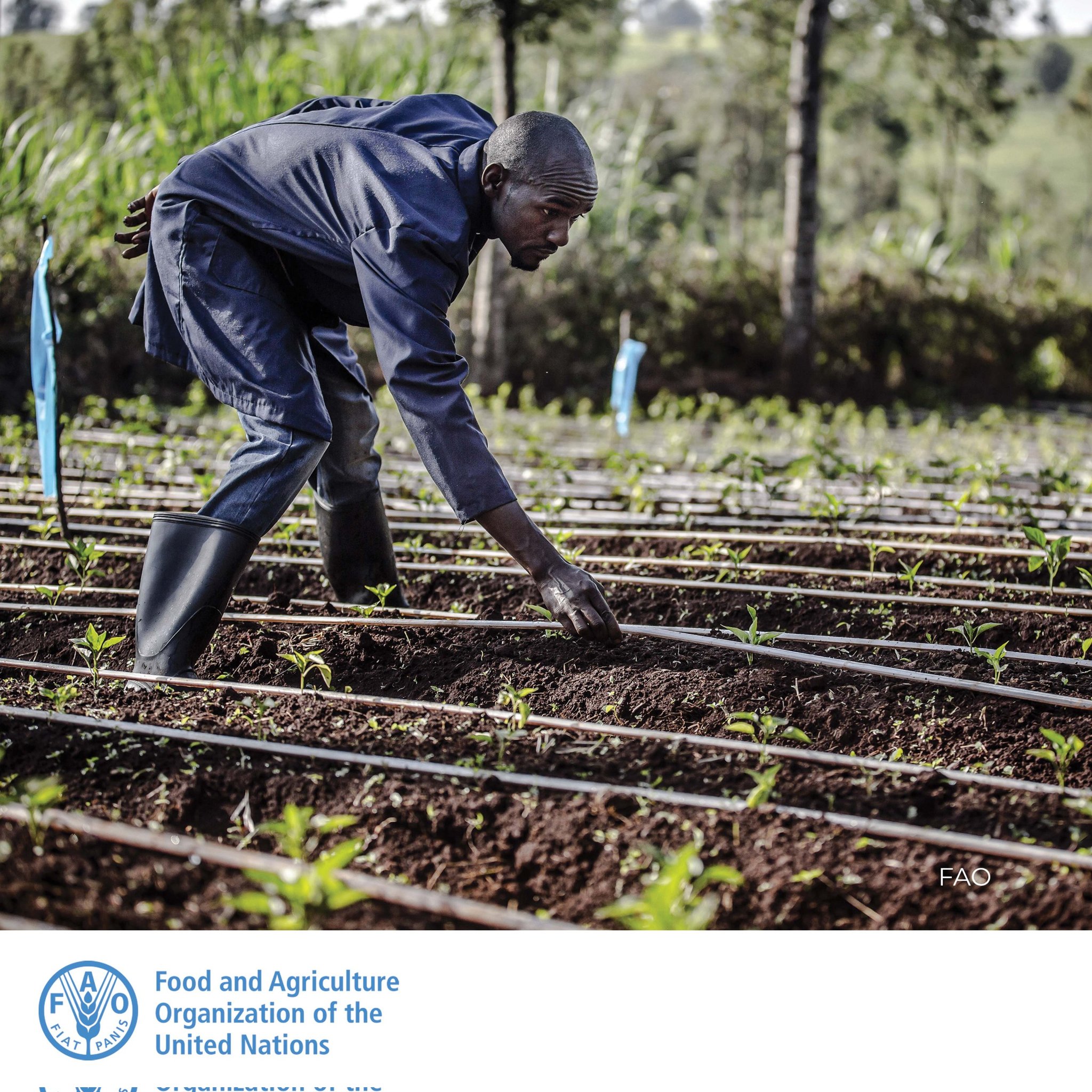|
Getting your Trinity Audio player ready...
|
Writes Wellington Madumira
Youth Dialogue around food systems, climate change, and actions towards zero hunger in the face of a crisis on food insecurity; A Side event during the 12th Africa Green Waste and Energy Expo 2023
Africa, with its rich and diverse natural resources, has the potential to be a global powerhouse in agriculture and food production. However, the continent faces numerous challenges that hinder its ability to achieve food security and sustainable development. The food system in Africa encompasses all the processes and activities involved in producing, processing, distributing, and consuming food. It includes farmers, agribusinesses, markets, transportation networks, and policies that govern the production and distribution of food. A well-functioning food system is crucial for ensuring that all individuals have access to safe, nutritious, and affordable food.
Melisa Murwira, Director of Young Volunteers of Environment said that; one of the key challenges facing Africa is the issue of food insecurity. Despite the continent’s vast agricultural potential, many African countries still struggle to produce enough food to feed their populations. This is due to a combination of factors, including limited access to modern farming techniques, inadequate infrastructure, and the impacts of climate change. According to the Food and Agriculture Organization (FAO) Report of 2019, it is estimated that food losses in Sub-Saharan Africa amount to US$4 billion a year.
This consists of food that rots in the fields, on farms, in transit, in storage, and at selling points or in homes, therefore, pointing to the fact that post-harvest losses are also largely contributing to the continent being food insecure. Several experts agree to the fact that a significant amount of food produced in Africa estimated at about one-third is lost before it reaches the market or wasted after reaching the markets due to several factors such as poor storage facilities, inadequate transportation networks, and limited access to markets. This not only leads to economic losses for farmers but also exacerbates food insecurity and contributes to environmental degradation.
Sprout Women Empowerment Trust Director, Caroline Mutimbanyoka said that rising temperatures, changing rainfall patterns, and increased frequency of extreme weather events such as droughts and floods have a detrimental impact on agricultural productivity. Smallholder farmers, who make up a significant portion of the African population, are particularly vulnerable to these climate-related challenges.
Tendai Moyo Director of Lets Green The Future Trust said that population growth has an impact on food systems in Africa. She added that Africa has one of the fastest-growing populations in the world, which puts additional pressure on the food system to meet the increasing demand for food. This requires sustainable and efficient agricultural practices to ensure food security for the growing population.
Another critical aspect of food systems in Africa is the role of women. Women play a significant role in agriculture and food production, accounting for a large portion of the agricultural workforce. However, they often face gender-based constraints such as limited access to land, credit, and agricultural inputs. Claris Madoremba from Zimbabwe Sunshine Group (host of Africa Green Expo) said that empowering women in agriculture is crucial for improving food systems and achieving sustainable development in Africa.
Wellington Madumira, Coordinator of Climate Action Network Zimbabwe said that to address to build resilient food systems in Africa, there is a need to promote sustainable agriculture practices, including agroecology and conservation agriculture. These practices focus on maximizing productivity while minimizing the use of chemical inputs and preserving natural resources. He added that investments in agricultural research and development are also crucial for improving food systems in Africa.
By developing and disseminating innovative technologies and practices, farmers can increase their productivity and adapt to the changing climate. Additionally, improving access to credit and financial services for smallholder farmers can help them invest in modern farming techniques and improve their livelihoods. National governments should align their national food systems and agriculture strategies, with their Nationally Determined Contributions (NDCs), National Adaptation Plans (NAPs), and National Biodiversity Strategies and Action Plans (NBSAPs)
In addition, Justice Zvaita from Africa Green Growth said that: strengthening regional and international cooperation is essential for enhancing food systems in Africa. Collaboration between African countries can facilitate the sharing of knowledge, expertise, and resources. He added that International partnerships can provide financial support, technical assistance, and market access for African agricultural products.
In concluding the side event, Wellington Madumira said that by investing in sustainable agriculture practices, agricultural research and development, and regional cooperation, Africa can unlock its full agricultural potential and ensure food security for its people. It becomes very important for young people to have this information and to understand it in order to plug in and become part of the solution that we deeply and desperately need in order to reduce the risk of hunger increasing in our continent.
Food systems are not only vital for meeting societal needs and enabling adaptation to climate impacts but are also responsible for significant global greenhouse gas emissions – representing up to 33 percent of total emissions according to the latest data. Current practices also contribute to the loss of biodiversity, ecosystem degradation, and consumption of 70 percent of freshwater, and can, in some cases, be associated with negative health impacts. Urgently upgrading food systems to respond to climate impacts and keep 1.5°C within reach is a cornerstone of the COP28 agenda and its focus on sustainable growth, livelihoods, and well-being.
Wellington Madumira, the Coordinator for Climate Action Network Zimbabwe (CANZIM) can be reached on [email protected]






